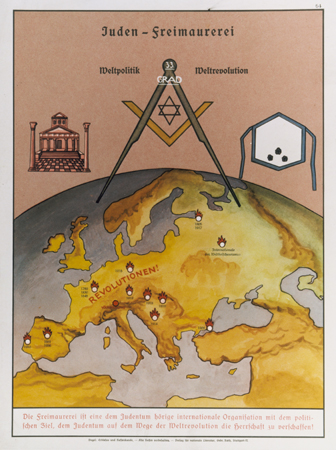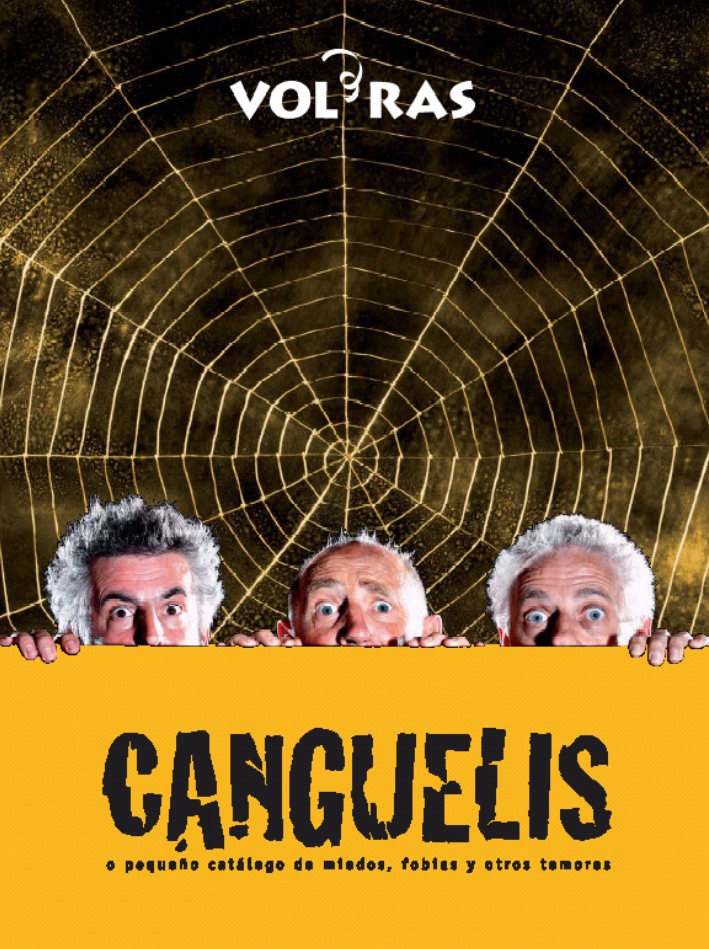Tuesday, 13 April 2010
Present and future of Valencian language
Right now, Valencian society lives a paradoxical situation regarding its own language, a basic aspect that defines its cultural, political and sociological identity. From Transició period (and especially, from the moment the Use and Teaching of Valencian Act was passed in 1983) to nowadays, it has made many efforts in order to normalize the use of Valencian language. However, despite all these efforts, it hasn't succeeded: there are still some serious doubts about the vitality of Catalan in València and nobody is able to forecast for certain which future it will have.
It's true: many efforts have been made, because Valencian language was on the verge of extinction, but they have been irregular and, in specific fields, clearly insufficient. Consequently, if Valencian society wants to keep its language, more decisive actions will have to be made in these fields. For instance in the mass media, increasing the presence of the language in them, especially in the public mass media, all of them integrated in the RTVV corporation and born specifically to promote Valencian language normalization. At the same time, Valencian society will have to keep on working hard in those fields where language is already visible, but not consolidated enough.
Obviously, in order to take this new step beyond, Valencian society needs to strengthen what we could call the social consensus about the language. As society, it must answer again some essential questions, for example if it’s worth keeping this language (its own language) alive. If the answer is yes, it has to clarify which means will be needed to achieve this aim. The foundation of the Language’s Valencian Academy (AVL) could be a good means to achieve it and it’s a good sign of a renewed social consensus about the language.
On the other hand, like other regional (non-state) medium languages, Valencian language faces difficult challenges. From this point of view, the most significant of them is not too obvious: one of the scenes where the future of the language must be analyzed is the global scene. For this reason, the role of a united Catalan language in Spain, in Europe and in Internet is so important. And also for this reason, it's so important that every Administration and every institution responsible for the academic and the political regulation of the language states its recognition of the language's unity and acts consequently.
If we’d take a look outside we could find some interesting examples of languages which have succeeded in becoming global. For instance, we could focus on the Dutch Language Union, an agreement between the Netherlands and Belgium (in respect of the Flemish community) that proclaimed internationally Dutch language’s unity. Now, the Dutch Language Union is an institution that, among other important tasks, defines the standard language for every country where Dutch language is official. Thanks to this institution, the international weight of Dutch language (and, probably, its speakers’ self-esteem as users of this language) should have risen.
Finally, obviously, we have to talk about the Valencian speakers and, also, about the non-speakers: we should consider every citizen, because the present and the future of the language must be, if we want it to be successful, a shared social and political project. Because of this principle, both users and non-users of the Valencian language should feel that this language is a useful tool for communication and social integration, available every time and everywhere. Usefulness will be the key for language's real use and, as significant as this aspect, for the social representation of the language that users and non users must share: that is, their shared views, believes, attitudes, etc. towards the language. In order to promote this usefulness, we need more efficient political measures: a clearer linguistic policy.
All in all, we can say that if Valencian language becomes an effective instrument for communication and integration and it's really seen like this, its use will progressively grow; nevertheless, if this doesn't happen, if users and non-users can not experiment this usefulness and nor can they perceive it in their ordinary lives, language use will decrease gradually. This time, maybe, without possibilities of recovering.
Miquel Ruiz
PALE Course 2010
ARGUMENTATIVE COMPOSITION
Subscribe to:
Post Comments (Atom)
























No comments:
Post a Comment